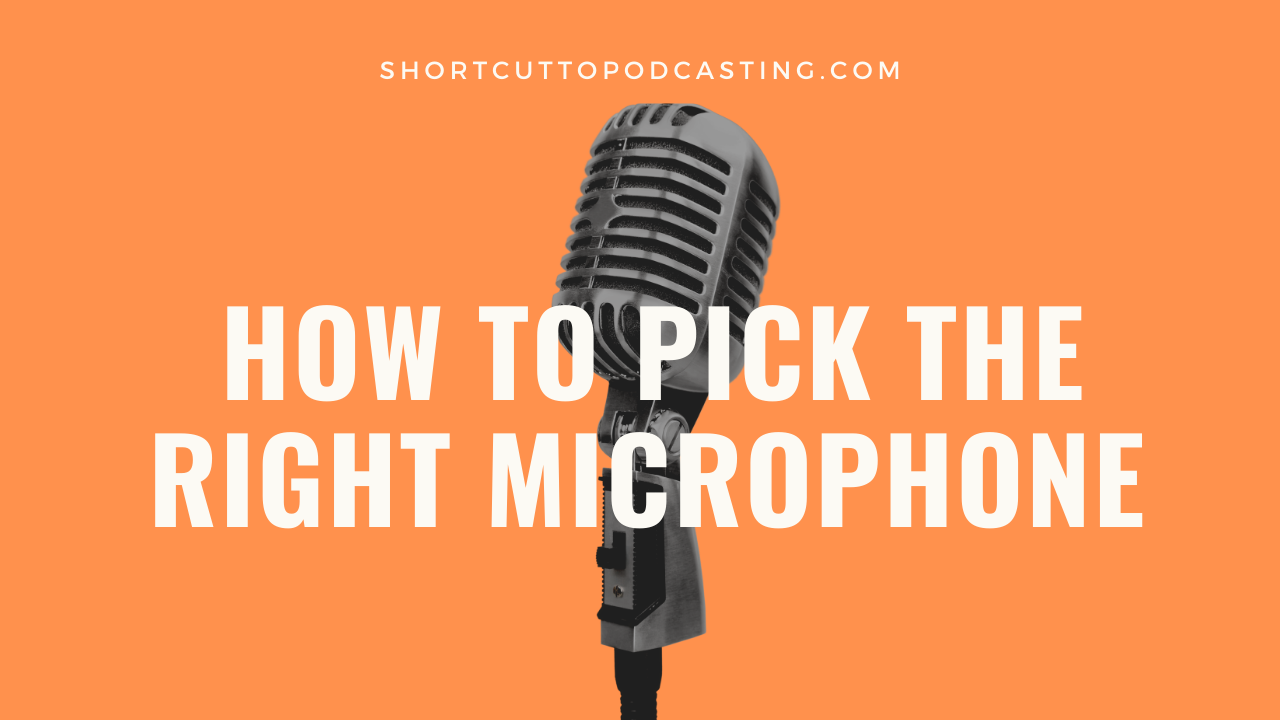If you struggle to book podcast guests, chances are good that you have been over-complicating the process. Booking podcast guests is sort of like inviting friends to your home: the friendlier you are and less stressful you make the process, the more successful you will be. Booking interviews shouldn’t be rocket science, and it isn’t, so stop making it unnecessarily difficult for yourself! In this guide, I’m going to give you a few simple tips to make the process of booking podcast interviews easier than you could ever have imagined.
Scheduling Simplified
The problem that most podcasters who struggle to book interviews have is that they are simply making it too difficult for guests to navigate scheduling an interview. Though it doesn’t make much sense, many podcasters come up with round-about ways for prospective guests to schedule interviews. From glitchy scheduling programs to podcasters who don’t share any means of getting in contact, we’ve seen every problematic scheduling system you can imagine.
At Podcast Buddy, we love using Calendly for all our scheduling needs. Our customers typically want to see our services in action before they decide to give us a chance, which means we schedule a lot of product demos with prospective clients. Calendly is a super easy, super reliable scheduling platform that helps to streamline the process of setting up a meeting, all but eliminating the need for back and forth communication.
With Calendly, booking a meeting is almost stupid simple. Scheduling with Calendly is as easy as the click of a button, and because Calendly can integrate and sync with your existing calendars, you never have to worry about forgetting to add a meeting to your schedule. Without the confusing back and forth, you can use the time you have before the interview to do a little planning with your guest.
Ask what your guest is promoting, or if they want you to ask any specific questions to lead them to their pitch. Check to see if any topics are off-limits, or if there is anything they definitely want to talk about. By giving your guest a chance to voice questions, thoughts, and concerns well ahead of the scheduled interview, you’ll help to make them feel more comfortable, and increase the likelihood of them eventually returning to another episode of your podcast.
Setting the Meeting in Stone
Once your guest has scheduled an interview using Calendly, you can feel pretty confident that everything will go off without a hitch. If you like to be extra certain and want to set your meeting in stone, consider taking advantage of the Calendly to Zoom integration. This integration notifies Zoom when an appointment is made during Calendly, triggering Zoom to create and save video conference details to your calendar. Not only does this technique help guests (and you) to remember the interview date, it also makes video conferencing for virtual podcast interviews super easy to organize.
Friendly Reminders
Sending a friendly reminder to your guests the day before their interview is an excellent way to both ensure the interview begins on time, and to set a few expectations before the big day. While you are likely to discuss the details of your podcasting process when your guest initially reaches out, it can be easy to forget the finer details over time. Your pre-interview reminder is a great place to let your guest know any formatting information, provide directions if meeting in person, answer any last-minute questions, and of course, confirm your meeting time.
With Calendly, you can send both reminder texts and emails, so you can reach out to your guests no matter how they prefer to communicate. Reminders help to make interview-day go smoothly, and can drastically reduce no-shows and cancellations. Pre-interview reminders are also a great way to let your guests know how excited you are to speak with them, ultimately settling everyone’s nerves a little before you get started.
Professional Audio
While making scheduling easier for your guests is a great way to book more interviews, the best way to attract more guests is by putting out amazing, professional-sounding content. Guests are naturally more likely to be interested in your show if it is well edited and sounds professional, but for podcasters without technical backgrounds, creating seamless shows can be a challenge.
This is where Podcast Buddy comes in. Once you have recorded your podcast, send your audio on over to Podcast Buddy, and we’ll get to work doing all the necessary editing. Creating a professional podcast edit can take upwards of 5 hours, especially when you are first starting out, time that could certainly be better spent finding new guests and brainstorming new episodes.
Use Calendly to schedule a demo with Podcast Buddy today and discover how we can help you to professionally edit your podcast.






